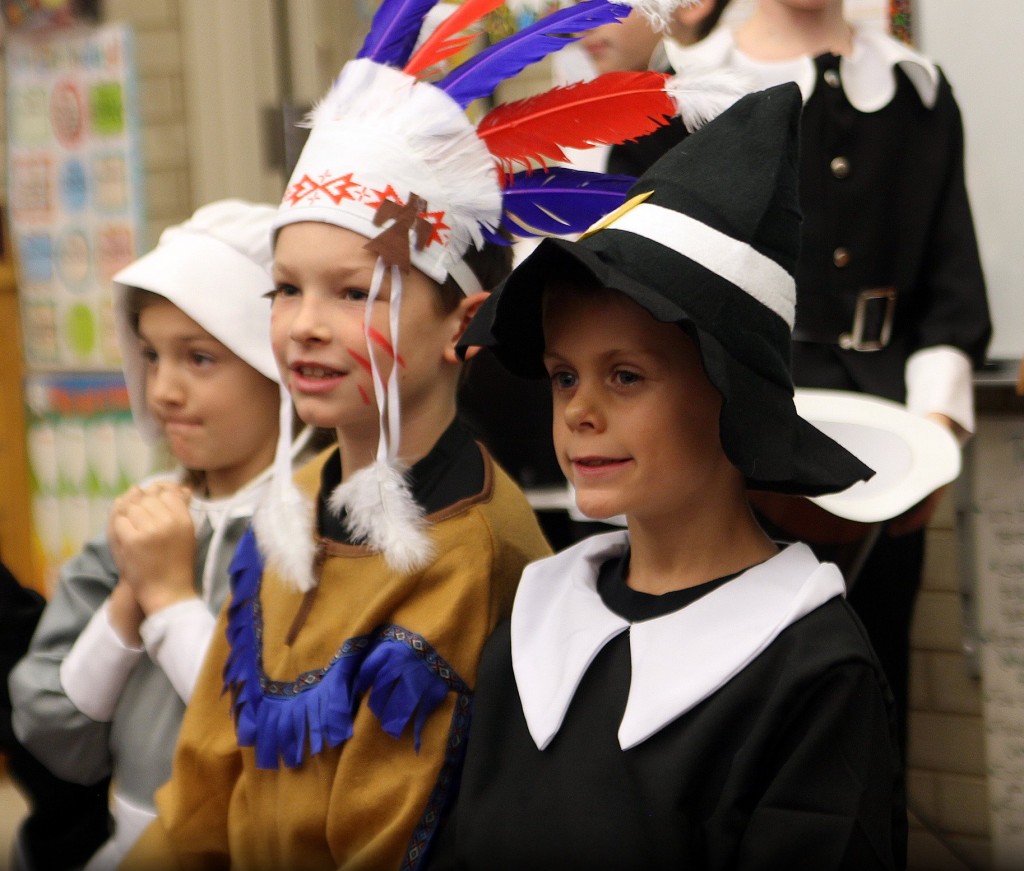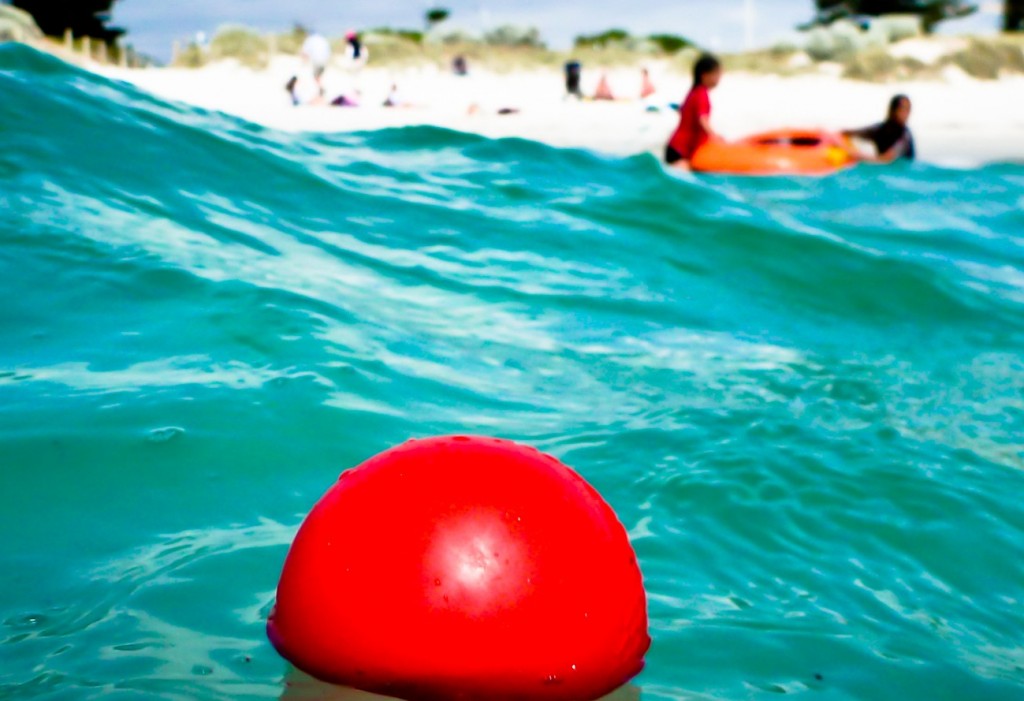
Why More Playtime Will Improve Your Life
Photo Credit: Justin, via Flickr Creative Commons
Play comes naturally to children. They don’t need instructions on how to play. They simply find what they enjoy and they do it. They have an innate ability to harness imagination with delight and discovery as they unleash creativity with joy and self-expression. However, when we become adults, we often find ourselves held captive by the demands of a heavily scheduled life. Our long to-do lists and weighty obligations don’t allow for enough playtime, which is more important for our health and well-being than we realize.
Play is more than just fun. It is fertilizer for brain growth and social development
Our vitality is restored and our health improves when we allow ourselves to let loose, relax and have fun. Play has the ability to lift us, heal us and connect us. Play offers us a gift beyond compare-the mental, emotional, physical and social rejuvenation that comes with light-heartedness.
Why Play?
Kevin Carroll, an author and motivational speaker, travels around the world speaking to businesses, organizations and individuals about the importance of play over a lifetime. In an address to the United Nations, Kevin spoke to dignitaries from 31 countries on how play can transform our lives.
Born into impoverished circumstances, his parents abandoned him at the age of six. He went to live with his grandparents and quickly discovered the playground that was across the street. It was there that he found a discarded red rubber ball that he says saved his life and fueled his dreams.
In his book, Rules of the Red Rubber Ball, he explains how playing with that one red rubber ball taught him speed, dedication, nimbleness, passion, motivation and strength. Play, he concludes, has the potential to lead us to joy and connection with others. He observes that many adults push play to the far margins of their lives or even forget about play entirely. He wrote, “We do not have to live this way. Adult responsibilities do not mean that there is no place for childlike joys. Delight and productivity can coexist. We can learn how to awaken the kid within.”
Dr. Stuart Brown is a pioneering researcher acknowledged as the foremost authority on the importance of human play. In his scientific studies, he conducted over 8,000 interviews cataloging the positive contributions of play, as well as demonstrating the negative consequences that occur when people are deprived of play. He uncovered the importance of play when he was hired as a consulting psychiatrist on a fact finding task force investigating the tragic Texas mass murderer, Charles Whitman. This and subsequent research led to the discovery that suppression of play can be a contributing factor leading to inflexibility, social and emotional detachment and violence.
Brown is the founder of the non-profit organization, The National Institute for Play. Through the use of the biological, social and physical sciences, the Institute is dedicated to unlocking the transformational power of play. They refer to play as “the gateway to vitality,” citing its many benefits. “Play generates optimism, makes perseverance fun, leads to mastery, gives the immune system a bounce, fosters empathy and promotes a sense of belonging and community.”
Play Heals Us and Connects Us
“A lack of play should be treated like malnutrition-it’s a health risk to your body and mind” –Dr. Stuart Brown
In his book, Play: How It Shapes The Brain, Opens the Imagination, and Invigorates the Soul, Dr. Brown suggests that adults need to play in order to keep their brains alert and flexible. He writes: “Nothing lights up the brain like play. It fires up the cerebellum and puts impulses into the frontal lobe. This is the executive portion of the brain that helps contextual memory to be developed and so much more.”
Play fosters social learning and social bonds, which are key areas for generating meaningful engagement and personal happiness. Trust and emotional regulation is developed through adaptation to play signals that include vocal, gestural, facial and other body language communications. Through play we develop skills of strategizing, decision-making, risk taking and empathy. We learn how to cooperate and share. We learn how to celebrate our wins and tolerate our losses. We are designed to play throughout our whole lifetime. Dr. Brown concludes, “Play is more than just fun. It is fertilizer for brain growth and social development. It’s crazy not to use it.”
Note to Self: Play More
Play is joyful and energizing. But how we enjoy play will mean different things to different people. One person may enjoy competitive sports while another delights in the creativity of arts and crafts. What Dr. Brown found through his research is this guideline: the most beneficial and freeing aspect of play, whatever you choose to do, is that you do it for its own sake. Simply put, if its purpose is more important than the act of doing it, it’s probably not play.
One aspect that limits our freedom to play in modern day society is that on most days we are cooped up indoors. The Environmental Protection Agency estimates that Americans spend close to 90% of their time indoors. To counter this trend, a report in the Journal of Environmental Psychology reflects five studies that assessed the positive feelings associated with being outdoors. Using survey, experimental and diary methods, all five studies found that being outdoors was associated with greater vitality. (See Ornish Living article, Nature: Fuel for Your Health)
For many of us, nature was our first and favorite playground. When we were children our parents had a terrible time getting us to come inside for meals or when it started to get dark each summer evening. When playing outside every one of our senses were activated as we explored the great outdoors. The cool grass beneath our feet, the wind in our face, the fragrance of the flowers and the songs of the birds surrounded us in a cocoon of sweetness. Whether we were riding our bikes, playing tag or climbing trees, we felt unburdened and free, engaged and energized.
Think back for a moment to the most joyful, playful image that you can recall. What type of play brought you purposeless joy, easiness, pleasure and fun? “In order to invite and increase more play in your daily life, zero in on what activities make you feel most alive and happy.”
Taking time to play is medicine for body and soul. It doesn’t need to be justified, it needs to be identified, practiced and above all else, enjoyed. A world without play would be a pretty grim place. Play fosters our ability to feel happy inside and out. It feeds and fosters our relationships. It joyously nudges us to lightheartedness.
Why delay a moment longer? Seize the moment (and a red rubber ball!). Go out and play.
What form of recreation brings you a feeling of joy, fun and freedom?








